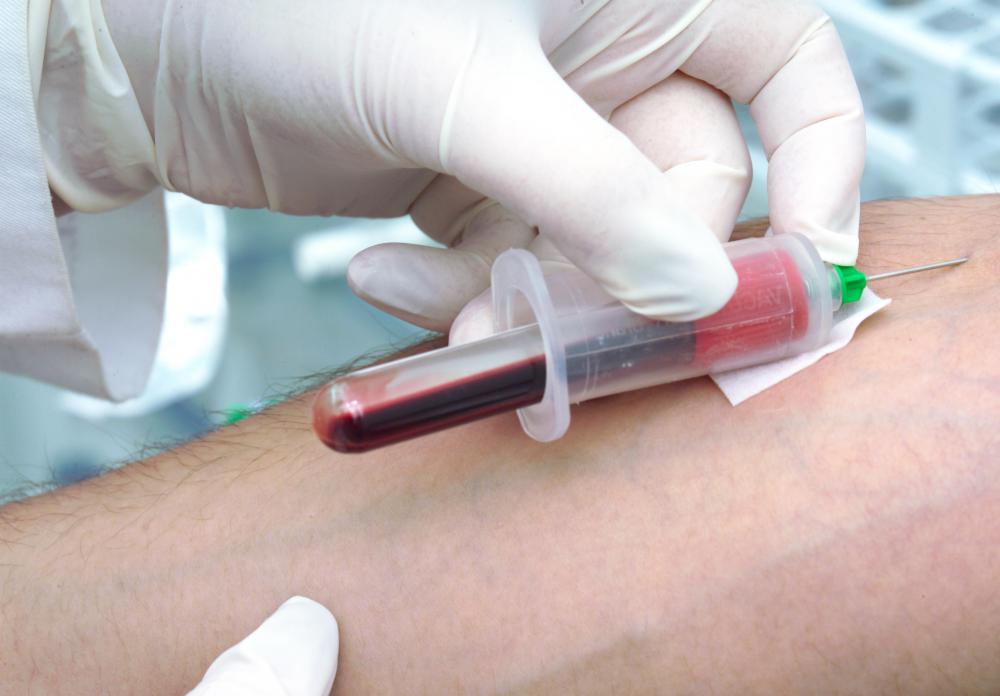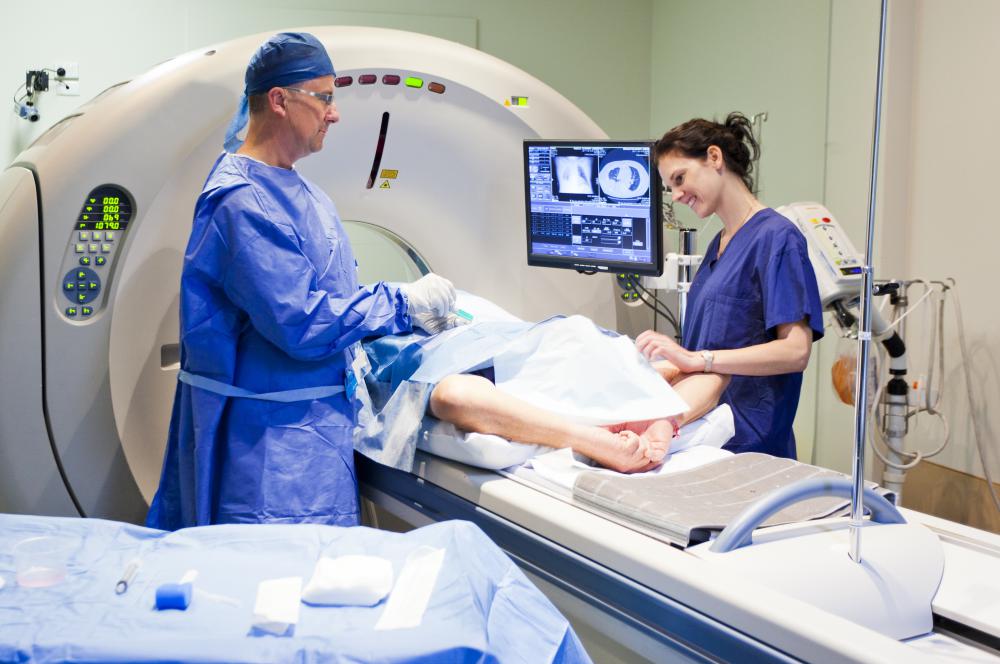At TheHealthBoard, we're committed to delivering accurate, trustworthy information. Our expert-authored content is rigorously fact-checked and sourced from credible authorities. Discover how we uphold the highest standards in providing you with reliable knowledge.
What is Renal Hypertension?
Renal hypertension is a disease characterized by the narrowing of the renal arteries that take blood to the kidneys, causing abnormal changes to the blood flow to them. The result is dangerously high blood pressure. Renal hypertension can also be known as renovascular hypertension.
The renal arteries are blood vessels that take the body’s blood to the kidneys so that it can be filtered, and returned into the body’s circulation. The entire process is reliant on the force of blood pressure to push the blood to where it needs to be. Therefore, when the kidneys sense that the blood in the renal arteries is not moving normally, they will release the hormone renin to raise blood pressure. The problem lies in that the body’s blood pressure is not low. The constricted renal arteries are causing the decreased blood flow, so, instead, the increased renin causes dangerously high blood pressure.

Renal hypertension is usually diagnosed after a patient is found to have high blood pressure. One sign that the increased blood pressure is renal related is that the patient is younger than thirty. If the patient is older than fifty-five, and is experiencing a sudden onset of high blood pressure, that is another sign of renal hypertension. If the problem does not respond to treatment, or suddenly stops responding to previously effective treatments, the doctor may begin to test for renovascular hypertension.

Doctors will diagnose through blood tests for increased levels of resin. Another way to diagnose this disease definitively, is to perform an MRI or CT scan to see the narrowing of the renal arteries. If less invasive procedures are not conclusive, a more invasive test, injecting dye through a catheter into the groin, will allow doctors to see dye traveling through the narrowed renal arteries.

Treating other types of high blood pressure, and treating renal hypertension, differ greatly. Renal hypertension does not respond to traditional drug treatments. Instead, the treatment must address the source of the problem: the narrow renal arteries.
Doctors can widen their patient's renal arteries in different ways. First, the patient will be put on a medicine to dissolve any fatty deposits that may have deposited themselves in the arteries, making less room for the blood to flow. If fatty deposits are not an issue, a surgical treatment called stenting may be necessary. Through stenting, a surgeon can physically widen the blood vessels by actually stretching the walls of the blood vessels.
AS FEATURED ON:
AS FEATURED ON:


















Discussion Comments
My great aunt was diagnosed with renovascular hypertension after going through a series of tests. She wanted to explore all the renal hypertension treatment options available to her. My great aunt did not have any other diagnoses aside from the high blood pressure that first alerted her doctor to a problem.
She was nervous about having surgery and wanted to know if there were options available to her other than having her renal arteries widened. She tried different medications to bring down her blood pressure to get it more manageable. She stopped eating red meat and cut back to only one drink every now and then. She was never a smoker, so that did not contribute to problems with her arteries.
In the end, my great aunt had to undergo surgery to fix her renal arteries. She was able to go off her blood pressure medication afterward. Her lifestyle changes helped her maintain and improve her health after the procedure.
While I worked with elderly patients in a nursing facility, I encountered several instances of kidney problems. We learned to be on the look out for renal failure symptoms as well as renal hypertension symptoms, especially in patients with a history of problems.
Symptoms we looked for included water retention in the legs and feet, less frequent urination, appetite changes, and pain on one side of the back.
Unfortunately, renal hypertension can be present without very many symptoms. High blood pressure is consistent with the malady, but it can be hard to catch with a patient group largely suffering from elevated blood pressure. If symptoms of renal failure are showing up, it is very important to seek medical help.
Post your comments